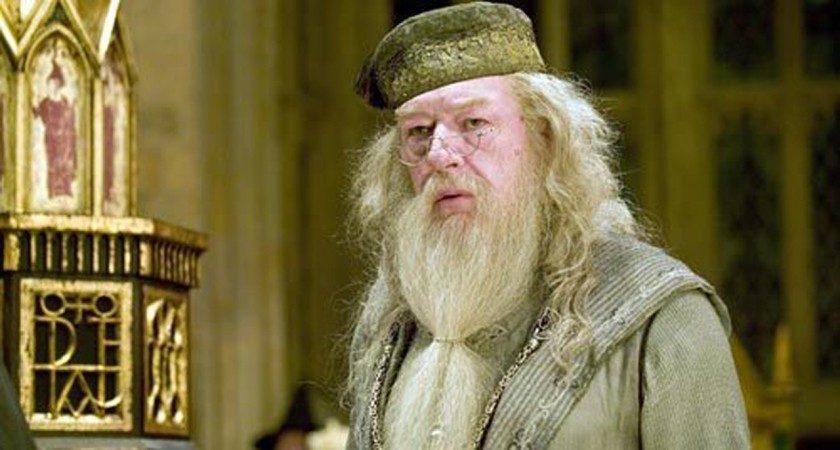We need to listen to LGBTQ+ voices to create more diverse, accepting, loving art
Recent years have seen a significant increase in LGBTQ+ representation in film and television. 2018 is already bursting with representation as it shall gift us films like Love, Simon and Disobedience.
As for TV, soap operas such as Coronation Street feature storylines highlighting the struggles of being a Muslim exploring her sexuality, Disney Channel aired its first coming out scene in Andi Mack and The L Word’s return was announced.
Even TV adverts are showing signs of improvement. Take McCain for example, including both a gay and lesbian couple in their final cut. However, the fight for fair and accurate LGBTQ+ representation in LGBTQ+ media is still very much ongoing.
GLAAD’s annual report from 2016 showed that overall, representation of lesbian, gay, transgender or queer characters in Hollywood was slightly higher than in 2015 but a bleak 18.4% of the industry’s top 125 films included an LGBTQ+ character. Gay men still make up the majority of these at 83%. Plus, representations of the LGBTQ+ characters that were lucky enough to make it to the big screen were either stereotypical, offensive or these characters just didn’t play a significant role.
“But why does it matter so much? They’re just films!
They’re fictional!” you may argue, but the mainstream media has a duty to represent marginalised communities. People don’t watch TV shows and movies blindly. They dig deep into the characters, they become invested in their stories, they watch them with the hope of finding someone to relate to.
The mainstream media holds so much power over how we live our lives, controlling everything from what we buy to the ways we perceive our own worth. By alienating the LGBTQ+ community from their productions, industries are denying viewers an accurate view of society.
They’re also denying LGTBQ+ people the chance of viewing themselves as integrated, important human beings. As much as we shouldn’t seek validation from the media, we do. We rely on it to make us feel good about ourselves, so, if every character you’re seeing in a TV show or film is straight or cis-gendered, it will inevitably have a detrimental impact on how you measure your self-worth.
LGBTQ+ representation in TV and film shouldn’t just be a selling point or something to make the director look good. It needs to be done properly and it needs to be done often. LGBTQ+ people are very much the bones of our society, so why deny them the opportunity of a film role?
Just recently J.K. Rowling came under fire for confirming that, although she has previously stated the character Dumbledore is gay, he will not be portrayed as gay in Fantastic Beasts. She defended herself by saying there is no need for him to be explicitly gay because “gay people just look like people”, but this is not a form of representation. Viewers need things spelling out to them, loud and clear.
Producers shouldn’t be afraid of alienating homophobic viewers. Don’t wink and nudge about it, put the audience in the story. Include the queer characters, regardless of whether their sexuality is integral to the plot. Heterosexual characters get to exist without their identity being relevant to the story, so why can’t LGBTQ+ people have that right?
Representing such a diverse community can provide happiness and safety for those within it and education for those who are not.
By seeing like-minded people in films and programmes, confused or closeted LGBTQ+ people can be reassured that they are not alone. It reminds them that their feelings are valid. That little girl who is ashamed of the crush she has on her best friend will know that being a lesbian or a bisexual woman is acceptable.
That teenager who doesn’t feel like either a boy or a girl will know that they are allowed to be non-binary and don’t have to fit into a box. By telling these children that they are not “broken” because they are different, we can create a new generation that is more accepting of both themselves and others.
Representation plays a significant role in annihilating the stigma surrounding being LGBTQ+ as it forces the community into the faces of those who either don’t accept it or simply don’t understand. It shows that cis-gendered, heterosexual couples aren’t always the “norm”. It opens the eyes of the ignorant to the many sexualities and gender identities that exist and make the world so beautiful.
Leaving LGBTQ+ people out of the picture does not help society advance and representing them unfairly only perpetuates old prejudices. Also, by not doing proper research, filmmakers risk portraying LGBTQ+ people in stereotypical ways. Call Me By Your Name was slated in 2017 for its representation of bisexual men, painting them as promiscuous and greedy.
By refusing to include LGBTQ+ characters, creators are highlighting their own ignorance and, often, producing the same-old boring storylines. It isn’t difficult to write a few lines for an LGBTQ+ character. Surely if creators can make films about humans forming intimate relationships with animals and spend millions on CGI to fill the world with robots, they can include a queer character?
LGBTQ+ people are not greedy or petty for wanting to be represented. After spending their entire lives being ridiculed verbally and attacked physically because of who they are, they just want to be seen and heard. No individual should have to fight tooth and nail in order for their existence to merely be acknowledged.
Hopefully, the film and TV industries are heading in the right direction and will start to listen to LGBTQ+ voices to create more diverse, accepting, loving art.
